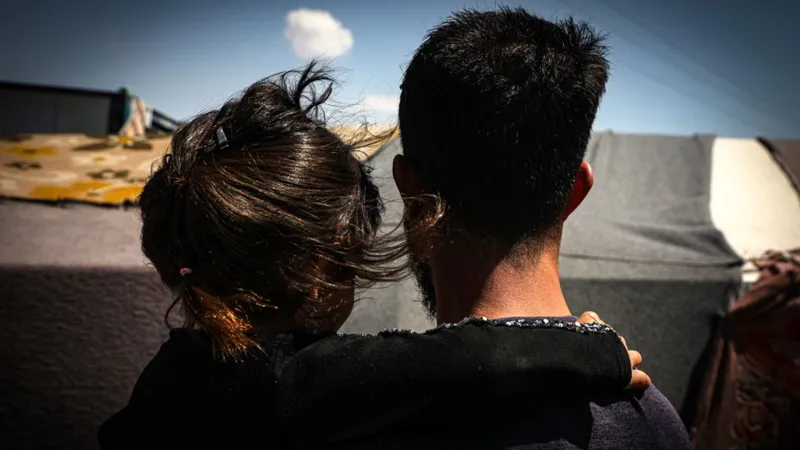Like hundreds of others, he has chosen to travel via Turkey to Niger in order to work as a mercenary because he is unable to make enough money to support them.
The 33-year-old Abu Mohammad (not his real name) and his wife are the parents of four small children; they don’t have access to running water or a bathroom and use a tiny solar panel to charge his phone. Their tent leaks when it rains and is oppressive in the summer and freezing in the winter.
“It’s become very hard to find work,” he says. He fights alongside opposition fighters supported by Turkey against President Bashar al-Assad for more than it.
His current faction is paying him less than fifty pounds (£40) a month; therefore, he thought that working in Niger, where Turkish recruiters were offering $1,500 a month, was the best way to increase his income.
He claims that the heads of the Syrian factions aid in the process and that he would still receive at least two-thirds of the money after “faction taxes and agents.” He continues, “And my family will get $50,000 if I die in battle [in Niger].”
Conflict with Islamist organizations has made the Sahel region of West Africa more violent in recent years. This has affected not only Niger but also its neighbors, Mali and Burkina Faso, all of which have recently seen military takeovers.







